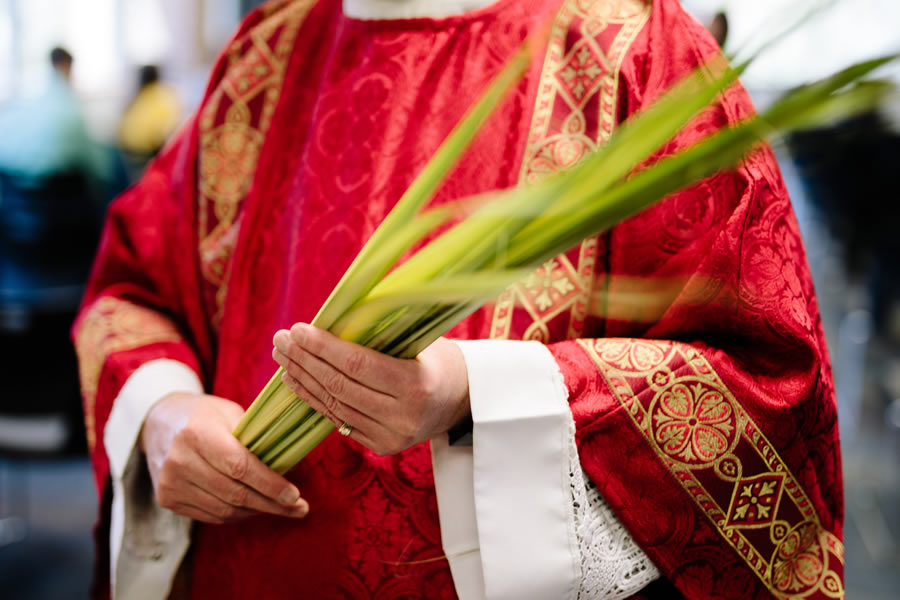
Palm Sunday: My Journey this Holy Week
03-29-2020Weekly ReflectionFr. Bing ColasitoToday begins the most solemn week of the whole Christendom, Holy Week. This year’s Holy Week will probably be the most memorable of all the Holy Week celebrations in my twenty years as a priest. We have journeyed forty days this season of Lent, as we moved through Lent, we intensified our prayer, fasting and acts of charity. At the same time, another phenomenon intensified during this season, the spread of CoVid 19. It spread to a rate never experienced before in our life time, until it finally reached a pandemic proportion. At the end of Lent and as we enter Holy Week, I pray that we all have experienced intense grace, not being able to receive Jesus in the Eucharist hopefully increased our longing for that full communion with Jesus, in His Body and Blood. Let us continue to pray with a fervent heart and soul, the Spiritual Communion Prayer. “My Jesus, I believe that You are present in the Most Holy Sacrament. I love You above all things, and I desire to receive You into my soul. Since I cannot at this moment receive You sacramentally, come at least spiritually into my heart. I embrace You as if You were already there and unite myself wholly to You. Never permit me to be separated from You. Amen.”
READ MORE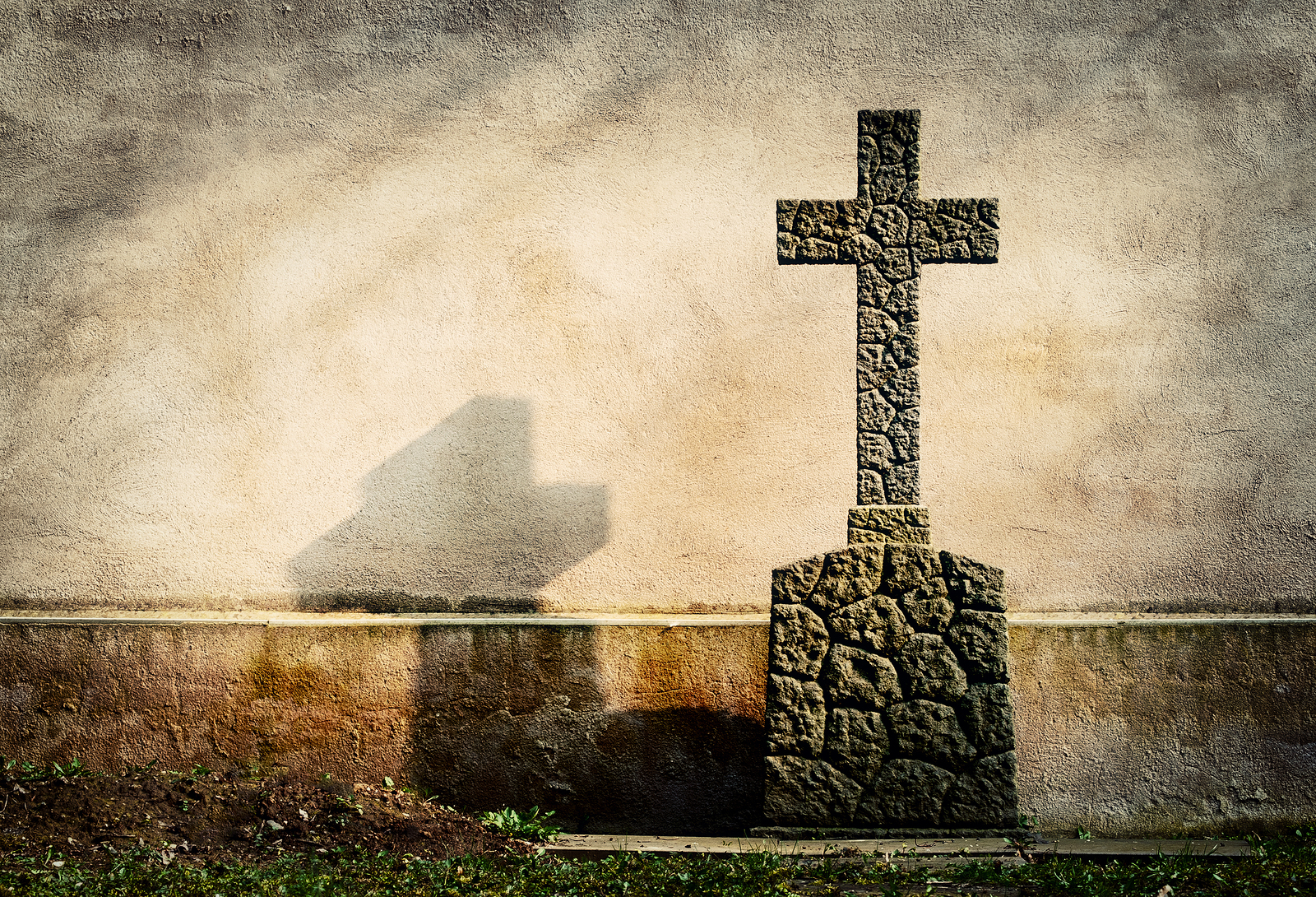
Death and New Life
03-22-2020Weekly ReflectionIn this Gospel, there are many known Jewish burial practices that was cited. The dead are immediately buried on the same day. The corpse is washed and wrapped in burial cloths, followed by a public procession to the burial site usually a cave tomb. Then the seven days of mourning, where the immediate family of the deceased are taken care of by the neighbors who take turn visiting them. The length of mourning can extend to 30 days, and in some instances for a year. After a year, the bones are collected and for those who can afford it, are placed in a burial box called an ossuary.
READ MORE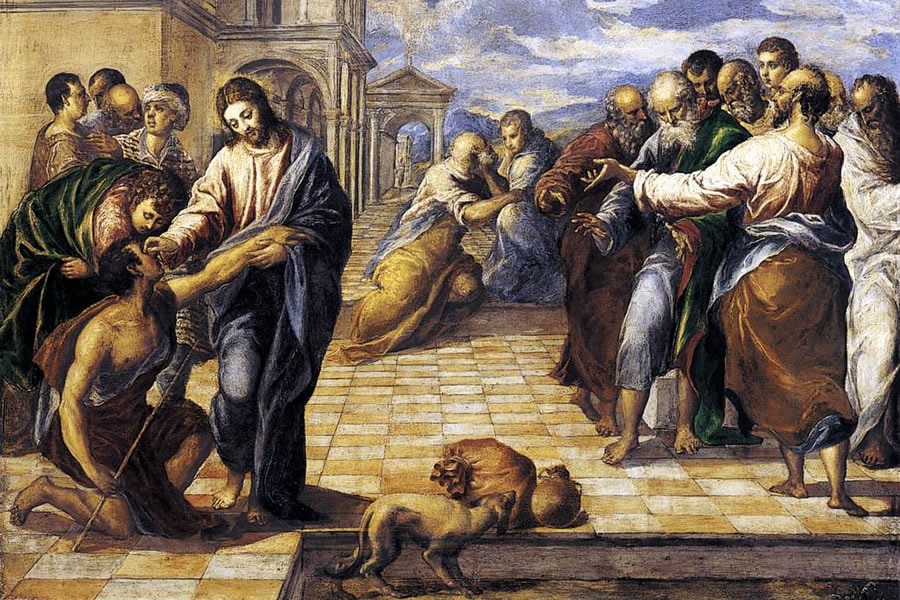
Light as Illumination and Judgement
03-15-2020Weekly ReflectionBeginning in John 7, when Jesus went to Jerusalem for the Feast of the Tabernacle, He became a marked man, His presence created different reactions. Many people are starting to believe that He is the Messiah but they cannot reconcile the fact that He is from Galilee. Because Scriptures said that the Messiah will come from Bethlehem, the City of David. If only they knew that He was indeed born in Bethlehem. In John 8, Jesus had to leave the temple because of the Jewish leader’s instigated threat to kill Him. John 9 builds on this contrast of pros and cons with Jesus with the account of the blind man. After the incident of the woman caught in adultery, in Jn. 8:12 Jesus says, “I am the light of the world...” The whole of Jn. 9 presents what it means for Jesus to be “light of the world.” Two key concepts of His being the “light”, first, He revealed Himself as the light and life. Second, the presence of Jesus creates a sense of standard, an occasion for judgement, His good Words and Deeds present a contrast to what evil men do.
READ MORE
Prayer During Lent
03-08-2020Weekly ReflectionWhat do we do when we’re facing an upcoming big event, celebration, or special occasion in our lives? We prepare for it. Holy Week and Easter are “big events” in the liturgical year of the Church and in the spiritual life of a Christian. So, as Christians, we prepare spiritually for these through the forty days of Lent. This means that, during Lent, we rededicate ourselves to prayer.
There are as many ways to pray as there are prayers in this world, but a few prayer methods can help us in particular to spiritually prepare ourselves during Lent:
1. Make your abstinence a prayer-in-action.
READ MORE
Novel Coronavirus
03-01-2020Weekly ReflectionFr. Bing ColasitoFor the past week we have been hearing of the news about the highly contagious Novel Coronavirus nCoV, and how it has spread and infected thousands, the great number of which are in main land China, but have spread to many other countries. Since then I have received so many inquiries and suggestions of taking precautionary measures, also, with the flu season still around. For this reason, St. Rose will be implementing the following: Based on the Flu Policy of the Diocese of Phoenix, Level I: (heightened awareness, voluntary precautions).
- Encourage the Faithful who are sick to stay home. Though it is true that it is a grave matter to miss mass on Sundays and holydays, this never applies to those who are ill, especially those who are contagious or display flu-like symptoms. READ MORE
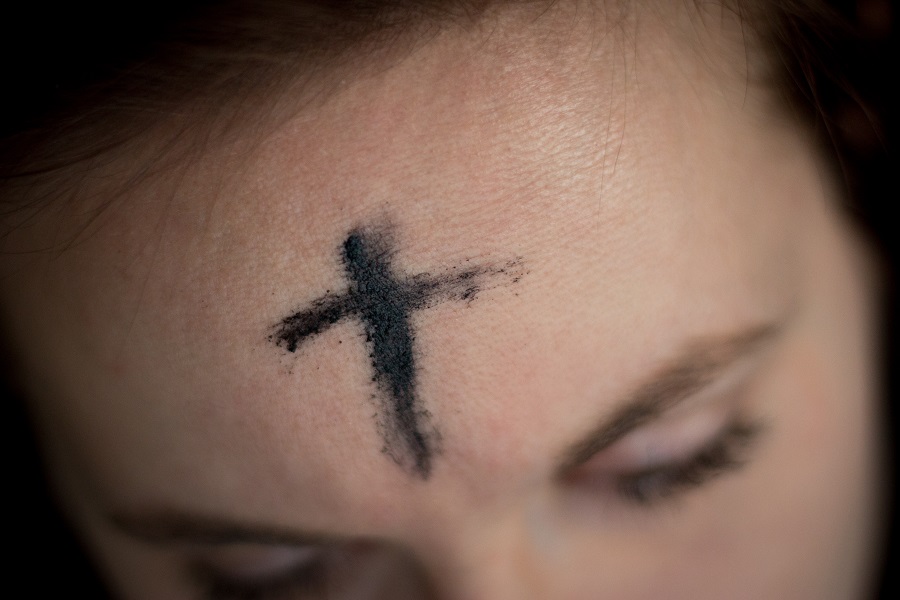
Questions and Answers about Lent and Lenten Practices
02-23-2020Weekly ReflectionQ. Why do we say that there are forty days of Lent? When you count all the days from Ash Wednesday through Holy Saturday, there are 46.
A. It might be more accurate to say that there is the "forty day fast within Lent." Historically, Lent has varied from a week to three weeks to the present configuration of 46 days. The forty day fast, however, has been more stable. The Sundays of Lent are certainly part of the Time of Lent, but they are not prescribed days of fast and abstinence.
Q. So does that mean that when we give something up for Lent, such as candy, we can have it on Sundays?
READ MORE
Novel Coronavirus
02-16-2020Weekly ReflectionFr. Bing ColasitoMy Dear Brothers and Sisters,
The peace and love of Christ be with you! For the past week we have been hearing of the news about the highly contagious Novel Coronavirus nCoV, and how it has spread and infected thousands, the great number of which are in main land China, but have spread to many other countries. Since then I have received so many inquiries and suggestions of taking precautionary measure, plus, with the flu season still around. For this reason, St. Rose will be implementing the following:
Based on the Flu Policy of the Diocese of Phoenix, Level I:
READ MORE
Sixth Sunday Ordinary Time: Heart Prints: Live by the Heart of the Law
02-09-2020Weekly ReflectionOne of the highest attributes in the Messianic expectation is that the Messiah will be the ultimate interpreter of the Law, the Torah. Jesus saying that: “He has come to fulfill them”, drawing some parallel with Moses, goes beyond their expectations by putting Himself in the level of the giver of the Law, God. He is above the Law, what He teaches is the true value of the Law as His Father intended it for the people of God through Moses. He perfects it by giving a definitive interpretation of the Law, His divinity gives Him the authority to do it. He even added His own teaching to it, in v.18 Jesus did not come to abolish the precepts of the Law but demonstrate its significance to our life and how to bring the Law to its perfection. St. Augustine says, Jesus words and interpretation are the perfect expression of the Christian Life.
READ MORE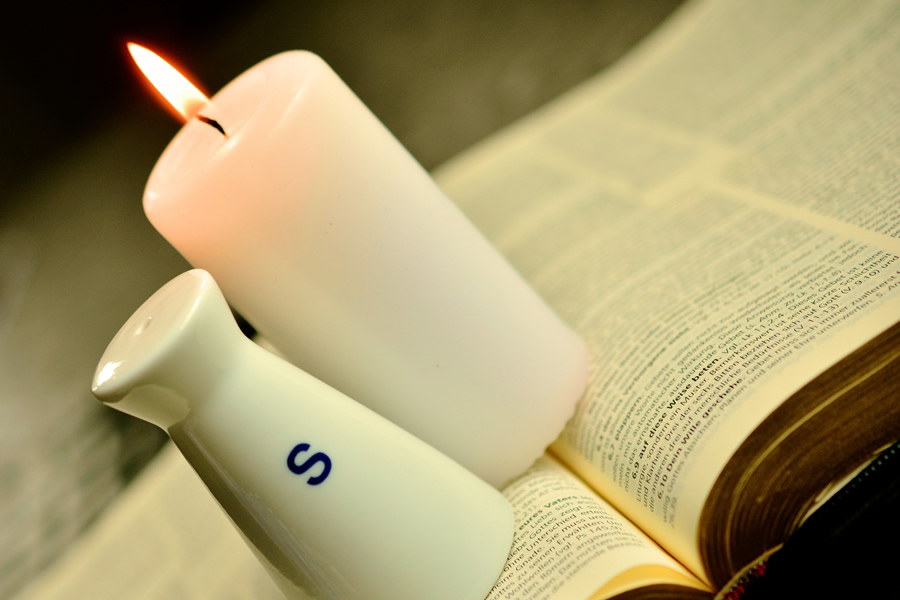
Fifth Sunday in Ordinary Time: The Salt and Light of the World
02-02-2020Weekly ReflectionThe theme that precedes the Gospel this Sunday is the famous: The Sermon on the Mount (Mt. 5:1-12). Immediately after Jesus started His ministry, He made clear His mission: Mt. 4:17 “Repent for the Kingdom of Heaven is at hand…” His Sermon, called the Beatitudes, is the major discourse in the Gospel of Matthew where He outlined what it means to live in the Kingdom of Heaven. Jesus laid out the fundamental attitude His disciples must develop in their relationship with God as their Father, Him as their Lord and savior, with one another as children of God, and extended to everyone, much like an ethical principle for being disciples.
READ MORE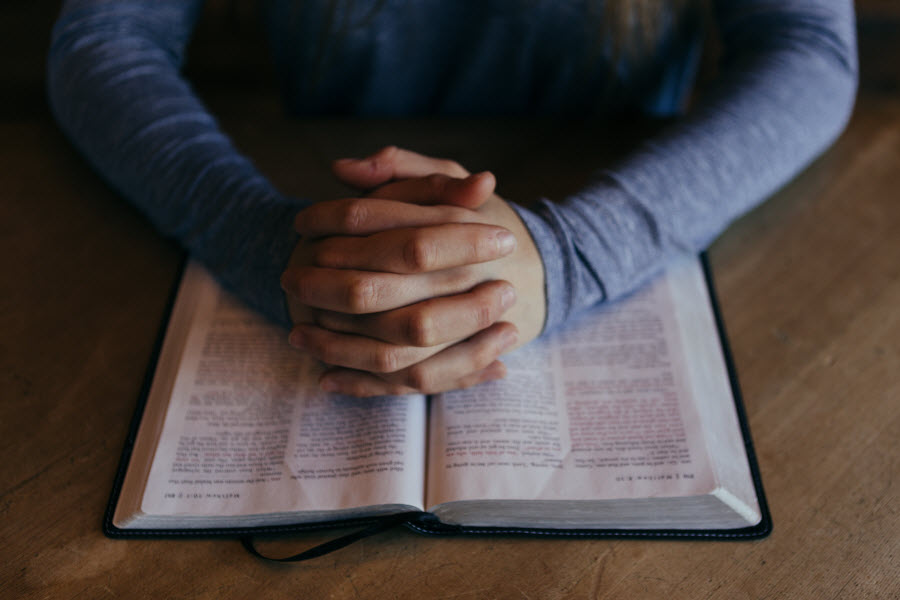
The Word of God Sunday: 3rd Sunday in Ordinary Time
01-19-2020Weekly ReflectionVatican NewsPope Francis’ Apostolic Letter, Motu proprio "Aperuit illis", published on 30 September, establishes that "the Third Sunday in Ordinary Time is to be devoted to the celebration, study and dissemination of the Word of God". The timing of the document is significant: 30 September is the Feast of Saint Jerome, the man who translated most of the Bible into Latin, and who famously said: "Ignorance of Scripture is ignorance of Christ". The title of the document, “Aperuit illis”, is equally important. They are its opening words, taken from St Luke’s Gospel, where the Evangelist describes how the Risen Jesus appeared to His disciples, and how “He opened their minds to understand the Scriptures.”
Recalling the importance given by the Second Vatican Council to rediscovering Sacred Scripture for the life of the Church, Pope Francis says he wrote this Apostolic Letter in response to requests from the faithful around the world to celebrate the Sunday of the Word of God.
READ MORE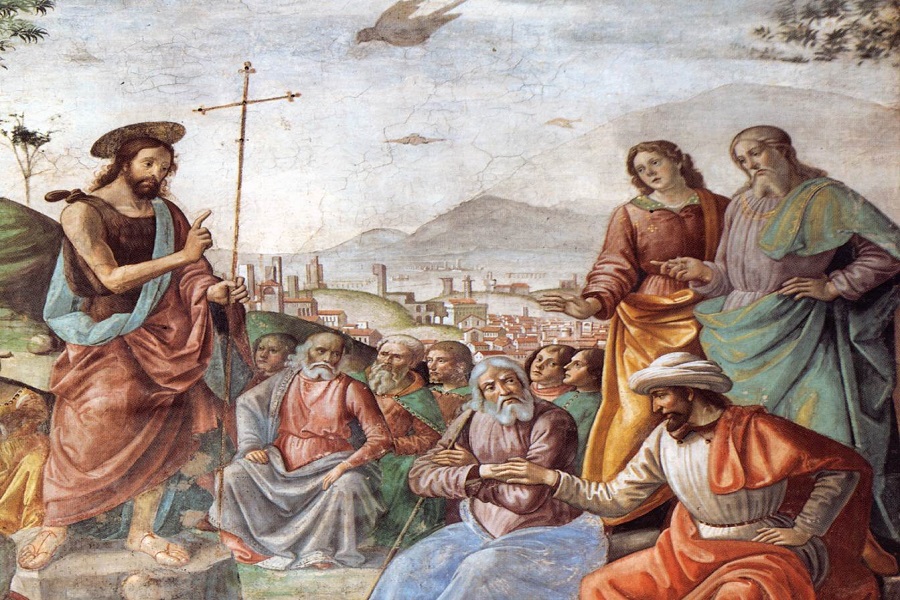
Me vicit
01-12-2020Weekly ReflectionIn the baptism of Jesus, John was heard saying look “the Lamb of God who takes away the sins of the world.” The following scene, as John was with two of his disciples, Jesus passed by and John again alluded to Him, “Behold the Lamb of God.”
Hearing John saying this for the second time about Jesus, something clicked in the minds of his two disciples. It was as if John was pointing and leading them to Jesus, and they started following Jesus, they started their journey as disciples of Jesus. Jesus noticed them and asked, the first words that Jesus uttered in the Gospel of John, “What are you looking for? The same question that probably each disciple, and would be disciple, should confront. Thinking that he was simply like one of the teachers of the Law, and not the awaited Messiah they said, Rabbi, which means teacher, where are you staying? The calling of the first two disciples then happened, Jesus' answer to their question was both an invitation and a promise, “come and you will see.” The disciples of John “stayed” with Jesus the entire day until four in the afternoon. And they experienced a “veni, vidi, me vicit” moment (I came, I saw, I was conquered).
READ MORE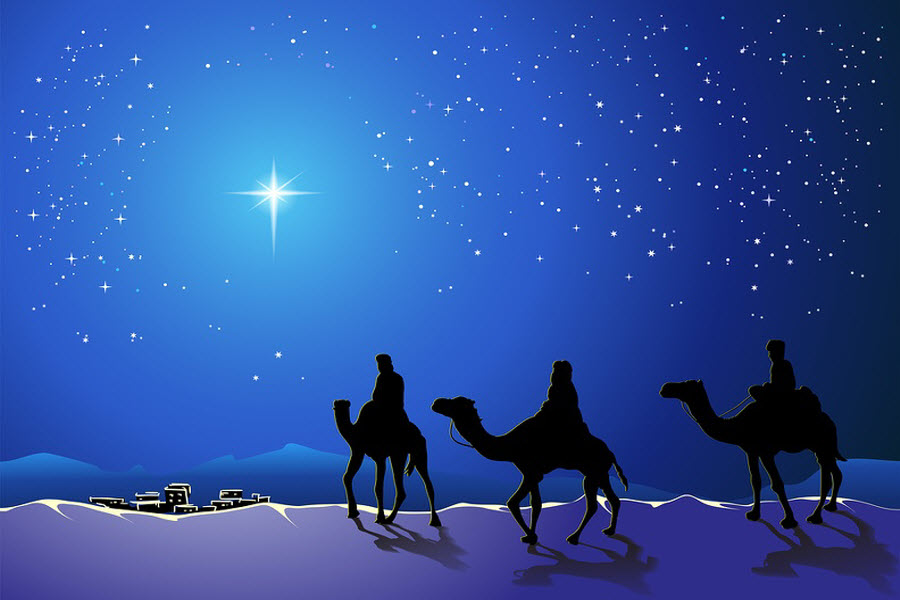
Besides the Wise Men, what is significant about the Epiphany?
01-05-2020Weekly ReflectionEpiphany means "manifestation," or public display. The feast is usually celebrated January 6. In the US, it is celebrated on the Sunday nearest to January 6. It originates from a story unique to Matthew (2:1-12). Magi from the East come to offer homage to the newborn King, presenting him with gifts of gold, frankincense, and myrrh.
This part of Matthew's infancy narrative differs from Luke's account of the birth of Jesus. In Luke there are no Magi, star, nor gifts. Luke has Jesus being born in a stable after Mary and Joseph's long travel from Nazareth to Bethlehem. Matthew seems to have the family living in a house in Bethlehem, where the Magi find them.
READ MORE